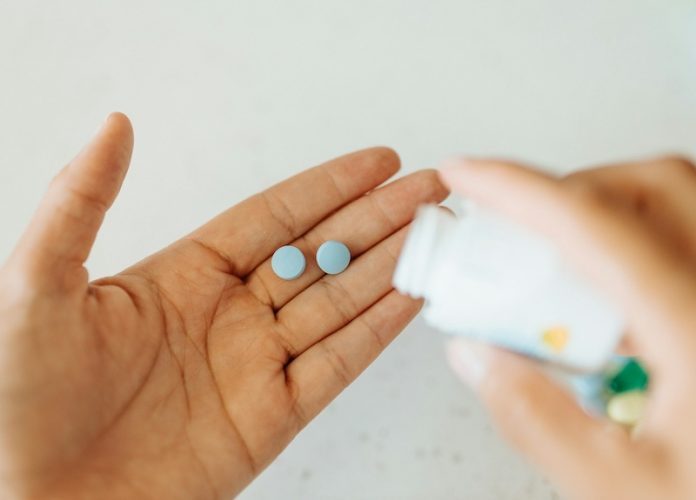
When most people think of algae, they picture green scum on ponds or seaweed at the beach. But did you know that algae can be a powerful supplement for improving health?
Algae, tiny water plants, have been used in food and medicine for centuries. Today, algae supplements are growing in popularity, thanks to their surprising health benefits, backed by modern research.
There are different types of algae used in supplements, but two of the most common are spirulina and chlorella. Both are loaded with nutrients and have been studied for their effects on health. Spirulina, for example, is packed with protein, vitamins, minerals, and antioxidants.
It’s often called a “superfood” because it offers so much in a small amount. Chlorella, on the other hand, is rich in chlorophyll, which helps detoxify the body, and is a good source of vitamin B12, making it especially useful for people following plant-based diets.
One of the most exciting benefits of algae supplements is their ability to reduce inflammation. Chronic inflammation is linked to many health problems, like arthritis, heart disease, and even aging. Studies have shown that spirulina can lower markers of inflammation in the body.
In one study, people with arthritis who took spirulina supplements reported less pain and swelling in their joints. This makes it a promising natural option for those dealing with inflammatory conditions.
Algae supplements are also great for boosting energy and fighting fatigue. Spirulina, for instance, is rich in iron, which helps the body make red blood cells to carry oxygen.
This can be particularly helpful for people with anemia, a condition that causes tiredness due to low iron levels. One study found that athletes who took spirulina showed improved endurance and felt less exhausted after exercise.
Another surprising benefit of algae is its potential to support heart health. Research has found that spirulina can help lower cholesterol and reduce blood pressure, two major risk factors for heart disease.
One study showed that people who took spirulina for 12 weeks experienced a significant drop in their LDL (bad) cholesterol while raising their HDL (good) cholesterol. Additionally, chlorella contains compounds that may help remove harmful heavy metals from the body, supporting overall health.
Algae might even have a role in improving brain health. Early research suggests that spirulina’s antioxidants can protect brain cells from damage and may help reduce the risk of neurodegenerative diseases like Alzheimer’s. More studies are needed, but the results so far are promising.
While algae supplements offer many benefits, it’s important to use them wisely. Some people may experience mild side effects, like stomach discomfort, especially if they take too much too quickly. It’s also important to choose high-quality supplements, as algae can sometimes absorb contaminants from water.
If you’re thinking about adding algae supplements to your routine, here are some practical tips. Start with a small dose and gradually increase it to see how your body reacts. Look for trusted brands that test their products for purity and safety.
Spirulina and chlorella come in powders, tablets, or capsules, so pick the form that works best for you. You can mix the powder into smoothies, sprinkle it over salads, or simply take it with water.
Algae supplements work best as part of a healthy lifestyle. Pair them with a balanced diet, regular exercise, and good sleep habits for the best results. While these tiny plants may seem humble, their health benefits are mighty, making them a simple yet powerful addition to your daily routine.
If you care about nutrition, please read studies about why vitamin K is so important for older people, and this snack food may harm your heart rhythm.
For more information about nutrition, please see recent studies about vitamin that may protect you from type 2 diabetes, and results showing this common chemical in food may harm your blood pressure.
Copyright © 2025 Knowridge Science Report. All rights reserved.



